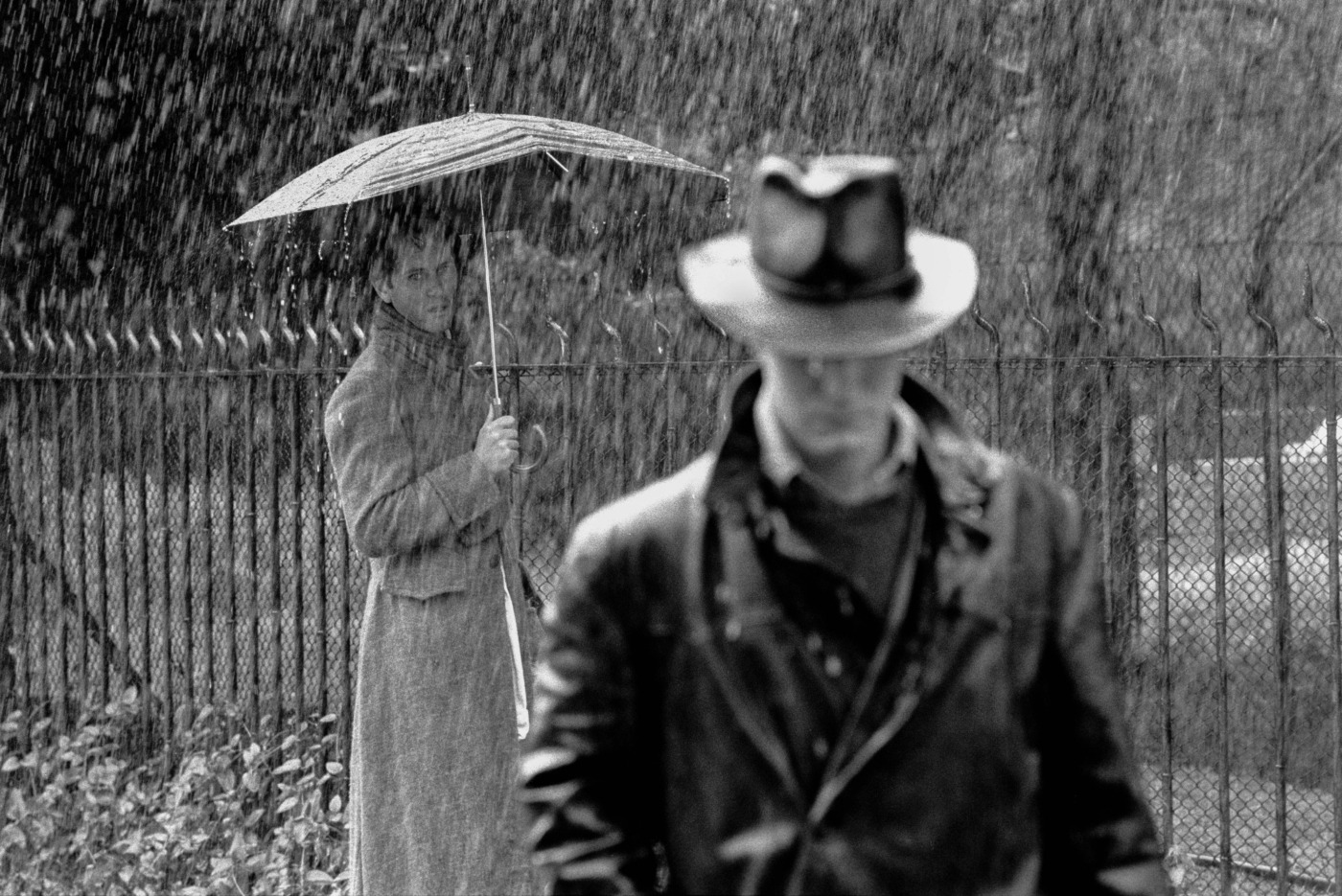Last Night I Watched: ‘Withnail and I’
In the buzz of freshers’ week, it’s easy to think that the party will never stop. Campus feels like a microcosm of an entire generation, unleashed after nearly two years of (at least partial) isolation, finally being able to do what young people do. Warwick is not known for being a party-mad university, but it’s impossible to ignore the vibrancy and life that the hordes of freshers have brought to campus.
But, eventually, the crowds dissipate, the party stops, and in that moment, when the leaves blow across an empty piazza, those who remain suspect that they have been left behind. That’s the central theme of Withnail and I, a two-hour cult-masterpiece written by Bruce Robinson, starring Oscar-nominee Richard E. Grant.
The drug-fuelled squalor of their collapsing, Bohemian residence gives an air of exhausted, faded melancholy
Set in the closing years of the “swinging” 1960s, two unemployed actors living in London – Withnail (played by Grant) and Marwood (or ‘I’, played by Paul McGann) – struggle to make ends meet. The drug-fuelled squalor of their collapsing, Bohemian residence gives an air of exhausted, faded melancholy. ‘I’m in a park and I’m practically dead!’, Withnail declares. Marwood suggests that they visit the countryside to rejuvenate. Unable to finance such a trip, Withnail gets in contact with his Uncle Monty, who lends the keys to his cottage in the Lake District. Some days later, the pair discover the promised cottage in a state of dilapidation, and are forced to destroy furniture for firewood.
They are advised to collect food from a mysterious farmer, identifiable only by his leg ‘bound in polythene’. It rains incessantly and Withnail has forgotten his aspirin; Marwood is attacked by a randy bull and threatened by a local poacher. They lament that they have ‘gone on holiday by mistake’ and that it has all gone ‘horribly wrong’. Before they can escape back to London, however, Uncle Monty rocks up. A weekend of country walks ensues, providing ample opportunity for Monty to talk about his Oxford days and knowledge of Latin. Gradually, or I should say suddenly, the holiday descends into mutual loathing and sexual confusion (you’ll have to watch it).
The writing is precise, unpretentiously poetic and entirely believable
The main draw, for me, is the script. ‘As a youth I used to weep in Butchers’ shops’, quoth the colourful Monty. The writing is precise, unpretentiously poetic and entirely believable. ‘Even a stopped clock is right twice a day’, Marwood narrates, as the camera pans to the demolition of wartime houses. The imagery is astute: the detritus of the mid-20th century is quite literally swept away as the pair cling onto the flotsam of their past.
The film refuses to draw a neat distinction between luxury and squalor. Withnail can’t afford new shoes, yet wears a suit cut by Hawkes of Savile Row. He’s an alcoholic who rubs himself in deep heat whilst carrying himself with a poetic arrogance, his head held stubbornly high even when enduring the worst indignities. Richard E. Grant plays his character in such a way that Withnail comes across as refined, sophisticated, cowardly, fickle, totally inconsiderate, entirely selfish, impossibly likeable and utterly charismatic.
Paul McGann’s character Marwood is somewhat different – more introspective, literate and thoughtful. The film makes use of his internal dialogue, where personal sentiments are narrated to scenes depicting the economic and social conditions of the era. He is simultaneously Withnail’s conscience, his foil, and his victim.
Warwick freshers have scarcely had a week of university hedonism, whereas this pair have spent the previous decade enjoying the kind of decadence that most students could only dream of
Warwick freshers have scarcely had a week of university hedonism, whereas this pair have spent the previous decade enjoying the kind of decadence that most students could only dream of. The difference is that they – Withnail and Marwood – haven’t moved on, and as time moves forward, reality and responsibility intrude. Withnail turns 30 as the sexual revolution of the 60s comes to an end, just as the playwright, Bruce Robinson, realised his predicament when struggling as an out-of-work actor ten years later. Withnail and I is semi-autobiographical, a brilliant epithet on the squalor and beauty of youth, a meditation on the passing of time and melancholy and, most of all, an aesthetic masterpiece.

Comments